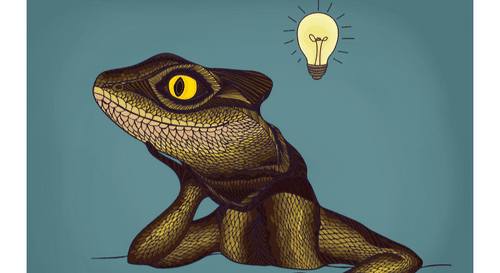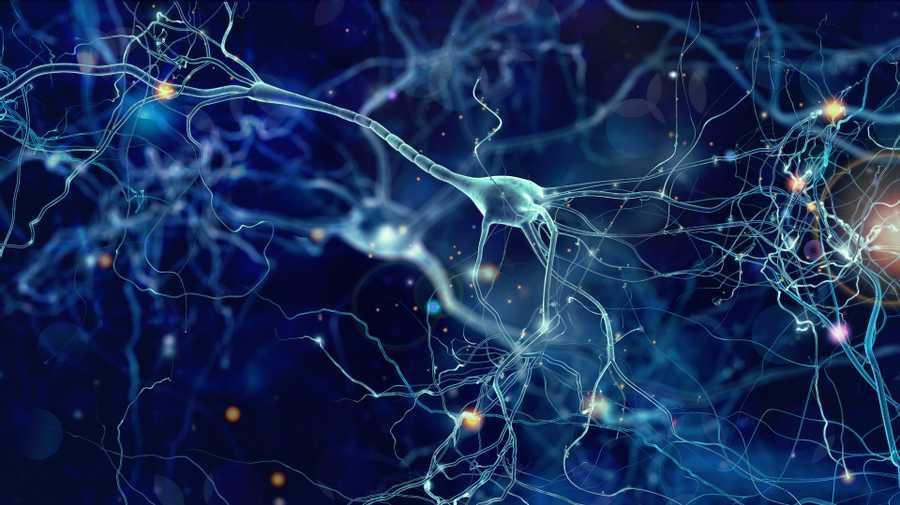That Is Not How Your Brain Works - Issue 98: Mind - Nautilus
Curated from: nautil.us
Ideas, facts & insights covering these topics:
4 ideas
·3.28K reads
16
Explore the World's Best Ideas
Join today and uncover 100+ curated journeys from 50+ topics. Unlock access to our mobile app with extensive features.
Neurons have multiple tasks
It is a myth that specific parts of the human brain have specific psychological jobs. The myth claims that the brain has separate parts, each with a dedicated mental function - one part for vision, another for memory, etc.
Today, we know the brain is a massive network of neurons with multiple jobs, not a single psychological purpose. Not all neurons can do everything, but most neurons do more than one thing.
110
1.07K reads
The “triune brain”
This myth is the idea that the human brain evolved in three layers.
- The deepest layer is known as the lizard brain and said to house our instincts.
- The middle layer - the limbic system - allegedly contains emotions inherited from ancient mammals.
- The topmost layer, named the neocortex, is uniquely human and supposedly lets us regulate our brutish emotions and instincts.
Modern research has revealed that the brain doesn't evolve in layers but is built from a manufacturing plan using the same neurons.
108
844 reads
Your whole brain reacts to events
The idea that your brain reacts to events in the world is a myth. The idea supposes that you go through your day with parts of your brain in the off position, but when something happens around you, those parts become active and light up with activity.
But the brain doesn't work by stimulus and response. All your neurons are firing all the time at various rates. Your brain uses all its available information to predict what will happen next and make corrections outside of your awareness.
101
670 reads
Disease in the body and mind
This myth states that there's a clear dividing line between the disease of the body, such as cardiovascular disease, and the disease of the mind, such as depression. Philosopher René Descartes popularized the idea that body and mind are separate.
But neuroscientists have found that the same brain networks responsible for controlling your body are involved in creating your mind. Every mental experience has physical causes, and physical changes in your body often have mental consequences.
117
699 reads
IDEAS CURATED BY
Ember P.'s ideas are part of this journey:
Learn more about health with this collection
How to practice effectively
The importance of consistency
How to immerse yourself in the language
Related collections
Similar ideas
8 ideas
7 (and a half) myths about your brain
sciencefocus.com
Read & Learn
20x Faster
without
deepstash
with
deepstash
with
deepstash
Personalized microlearning
—
100+ Learning Journeys
—
Access to 200,000+ ideas
—
Access to the mobile app
—
Unlimited idea saving
—
—
Unlimited history
—
—
Unlimited listening to ideas
—
—
Downloading & offline access
—
—
Supercharge your mind with one idea per day
Enter your email and spend 1 minute every day to learn something new.
I agree to receive email updates

